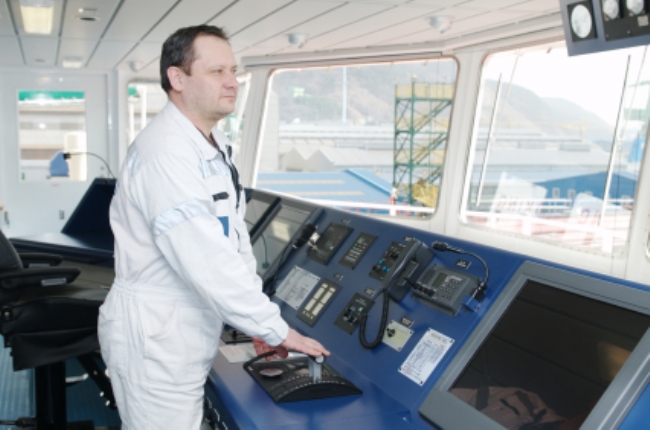Changing Course
Share this blog
Latest Maritime Vacancies
Business Development – Shipmanagement – Dubai
Office Manager – London
Shipping Paralegal – London
Shipping Manager – Singapore
Office Administrator – London
Listen to the seafarer's voice

This month we were approached by a Captain who regularly blogs on the obstacles that occur in seafaring life. It follows on from our blogs on the Maritime HR conference and the KNOWME conference in Bremen – which featured the topics of leadership, bullying, and seafarer management training.
The captain frankly told us of his experiences as a seafarer. "To be honest," he said, "after five years at a maritime academy, I was unprepared to deal with today's crewing issues. I have had to self-educate, learn through my mistakes, and evolve in this continually changing environment.
"Somebody has to listen to the seafarer's voice; it has to be heard. Many Masters are 'old style'. Bullying is a real problem in the shipping industry!"
This is echoed by the film we were shown by Nautilus International at the Maritime HR Forum 'Say No to Bullying' which has since won awards for highlighting this unpleasant side of the industry.
The captain went on to tell us "The main problem isn't on board ships at all. Communication is difficult and it all starts at the manning offices and crewing agencies. These people should really be trained in dealing with multicultural conflicts, trained in following up on and solving complaints from seafarers."
This is something that we have long tried to highlight in our Maritime HR Forum conferences, with dedicated sessions on cultural awareness. The captain, rather shockingly (or is it?) confessed that "in twenty years of sailing, I have never received any leadership training. None of the companies I have worked for have shown any interest in training me or the other officers – offering no solutions or procedures for when new cadets come on board, or anyone from a different culture from the others on the ship. Crews are not homogenous, you can have up to seven nationalities on board at any one time."
As we all know, working at sea isn't easy, and it requires skill, passion, hard work and most of all teamwork. "You have to be proactive at sea," said the Captain. "You have to communicate with your superiors and other colleagues. It's hard work: add to that the frustrations of senior officers on board who are trying to do their everyday job, dealing with inexperienced crew, and the demands of the shore-based crew, who are often from non-seafaring backgrounds. Something needs to change."
We'd love to know your thoughts: what do you think? Rather appropriately, we post this on the IMO's Day of the Seafarer where the world is invited to say #thankyouseafarers for all the hard work those 1.5 million seafarers do every day.